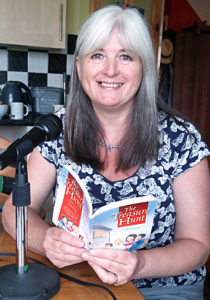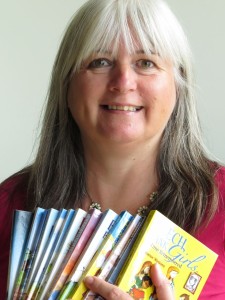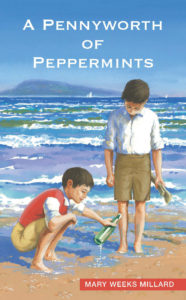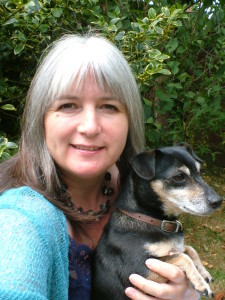Hello again, writer friends! Since writing last week’s post about names (Did you check out the link? You can read the post again here), I’ve been thinking. One of the most important reasons for choosing the right name for your character, is that the name will be memorable.
You need your readers to ‘see’ your characters in their mind’s eye every time they read their names. (This is especially important if you don’t have pictures.) If readers can’t put the right ‘face’ to the right name, you’re in trouble.

Have you ever read a book and got confused as to who was who? I know I have! Sometimes this can happen when the author has introduced too many characters. Sometimes this can occur when the names are not memorable enough. Picking a name that will suit the character, and is memorable, will help. If you have three friends, don’t give them names that are too similar. Don’t call them Rachel, Ruth and Rebecca. We will never remember who is who!
Could you suggest some alternatives? Persephone, Harper and Ruth-Anne, perhaps? What do you think? What would you call these three friends? 🙂 Come on over to our facebook page, find this post, and share your thoughts with us!

Look forward to hearing from you,
Janet
P.S. I still need a few more people to help me with the Write for a Reason Membership Programme. In the past, the programme has consisted of teaching alone: next year I want to set up a more interactive programme, but need to know what writers want and need the most. So I’m going to be trialling a few different things, and need some guinea pigs who don’t mind having a go and giving feedback. Could this be you? We will be going in-depth with one topic to do with writing every month, e.g. dialogue, humour, looking at target audience and so on. I’ve now set up a closed facebook group so members can interact, support and encourage each other (and perhaps be beta readers for each other?), a members area on the website, where I will post all the month’s teaching, and will set an assignment every month on the topic, so there will be something for you to do to put the teaching into practice. Oh, and I’m going to attempt webinars, too, gulp! If you’d like further information about any of this, please take a look at our website, or send me an email. Always love to hear from you, anyway! 🙂










 If you’d like to share you prayer, please do. Always love to hear from you.
If you’d like to share you prayer, please do. Always love to hear from you.

 Hope that’s useful. If it is, please don’t hesitate to share with your writer friends!
Hope that’s useful. If it is, please don’t hesitate to share with your writer friends!